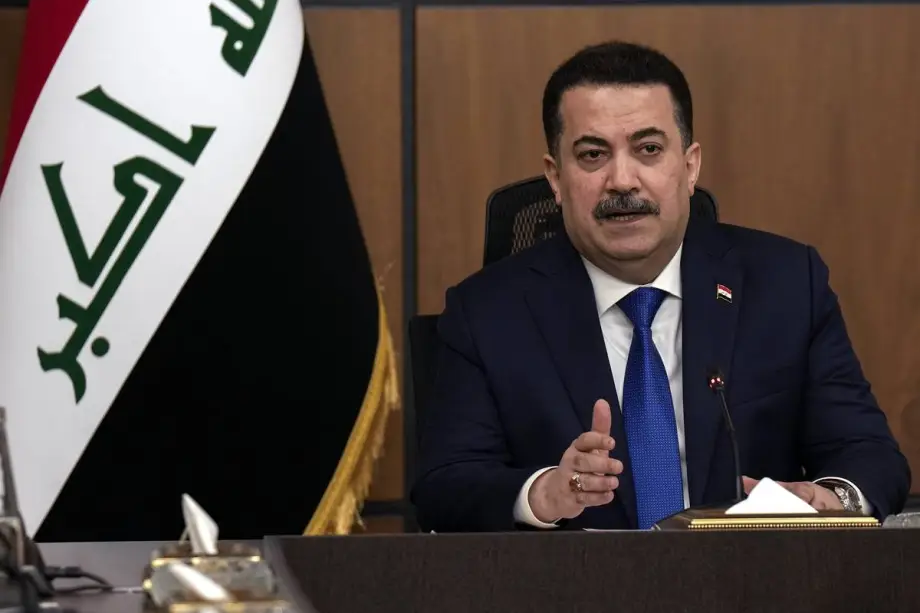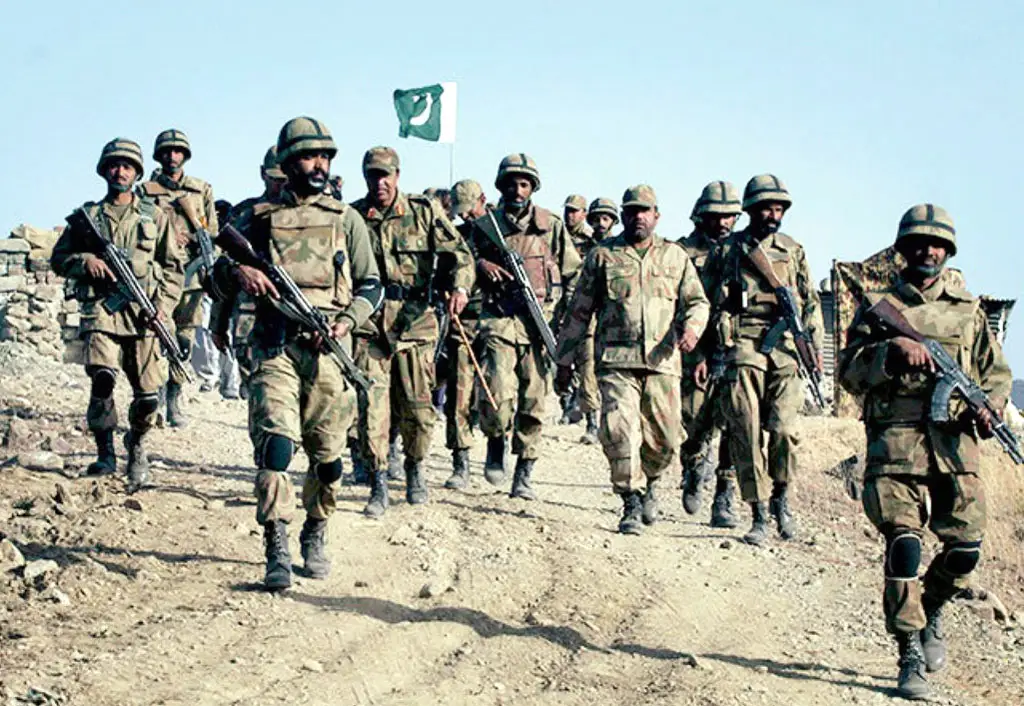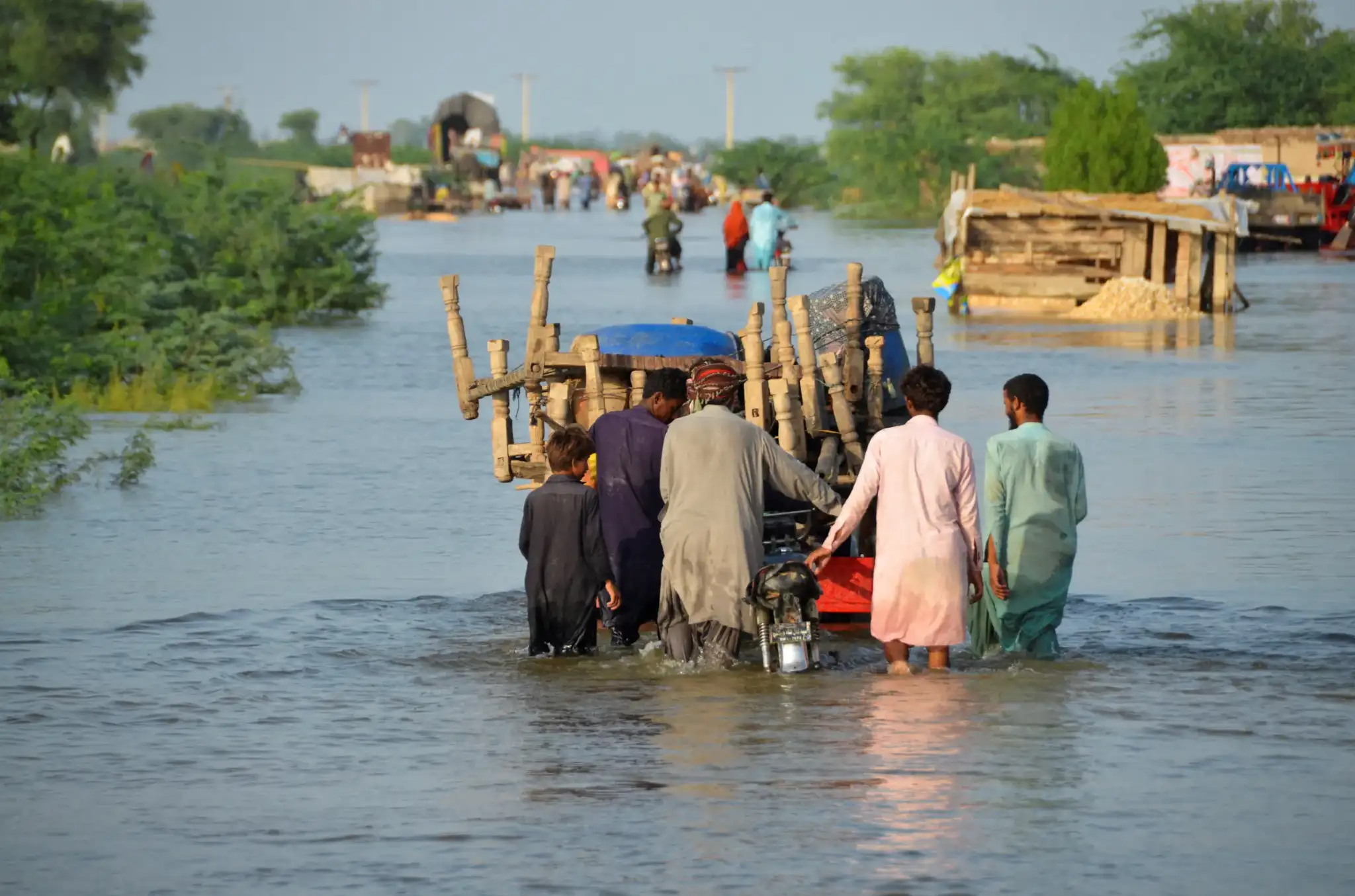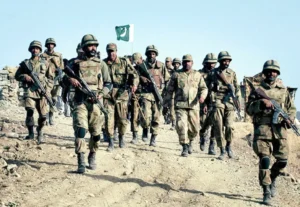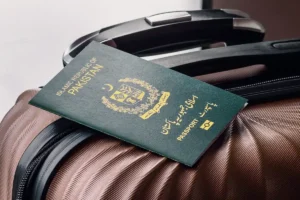![]()
At the recent Arab-Islamic Summit, the Prime Minister of Iraq proposed the creation of a NATO-like Islamic security arrangement aimed at uniting Muslim countries under a shared defense system.
The proposal focuses on collective defense and cooperation, highlighting that modern challenges—such as political tensions, terrorism, and regional instability—cannot be addressed by any single nation alone. Instead, they require a joint response through a coordinated structure.
Under this plan, member countries would exchange intelligence, enhance defense capabilities, and support one another during crises. It would also demonstrate that Muslim nations stand united in protecting their people and interests.
The framework could help strengthen trust and dialogue among Muslim nations, creating mechanisms for peaceful conflict resolution. On a global level, it would amplify their voice in international security discussions, giving them a stronger role in shaping global policies.
Observers see this as a message of solidarity, showing that Muslim countries are determined to reduce dependency on external powers by building their own independent security system.
Though still in its early stages, the idea has opened a meaningful debate about greater regional cooperation. If implemented, it could mark a turning point in Muslim unity and serve as a model for future generations.

